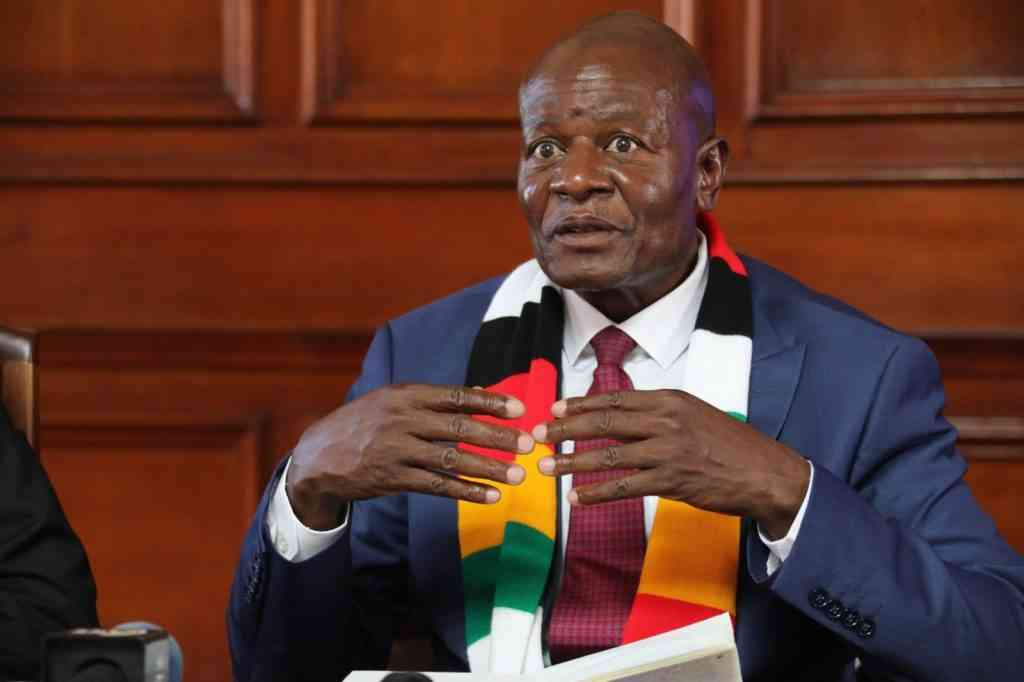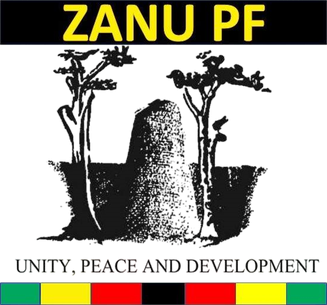By Alfred Tembo
THE country needs a formalised systematic way of recognising hardwork done by musicians and this would be through policy says Zimbabwe Music Rights Association (Zimura) excutive director, Polisile Ncube-Chimhini.
Ncube-Chimhini also stated that as an authoritative association fighting for the well-being of artistes in Zimbabwe, they are engaging the government to introduce a surtax on all imported devices used in reproducing protected works, there by violating copyrights of the artistes.
Speaking to Standard Style, on the sidelines of a Zimura all stakeholders workshop held in Gweru last Wednesday, Ncube-Chimhini said artistes were being exploited and their music rights in the country were violated.
“We are proposing to the government to consider inacting into law the need to introduce a blank tape levy on all imported eletronic device suitable for reproduction of protected information,” she said.
“All the money collected would then be distributed to artistes in a move to compensate them for the damage they are subjected to by having their copyrights violated.”
Introduction of a blank tape levy on imported devices such as computers, flash disks, mobile phones, tablets, external hard drives, memory cards has been successfuly implemented in countries like Algeria, Greece, Malawi and Bukino Faso.
In Zimbabwe the proposed law is currently at the Law Development Commission awaiting review and further improvements before it is brought before Parliament.
Ncube-Chimhini encouraged all unregistered musicians to join Zimura, which represents their needs and desires of artistes.
She said owing it to Zimura’s effort towards professionalising the music industry, a lot has improved.
“As an institution, that has stood the test of time, 40 years of service to artistes is not easy and neither was it a stroll in the park,” Ncube-Chimhini.
“We had ups and downs, yet we now give additional services such as helping artistes develop contract and other forms needed to advance their music business.
“I want to encourage musicians in the Midlands province and all parts of the country to register with Zimura.
“This helps them in many ways that include collection of their dues from radio stations and other platforms on their behalf.”
Internationally-acclaimed children’s literature author Ignatius Musonza said introducing taxes would benefit the creative sector.
He said it’s unfortunate that many writers and publishers whose work is selected as set books are losing much of their revenue to piracy.
“We need to help the government appreciate that without the creative sector, there will be boredom around us and that calls for the need to preserve the artists in every possible aspects,” Musonza said.
ZRP prophesed ignorance to concerns by the creative sector despite having legal provisions at their disposal.
“The law is stubborn. Where no one complains it remains unattended,” said Superintendent Bongani Ngomazana, who is the provincial training officer.
“As stakeholders, our discussions should start from developing strategies and working towards addressing the issue at hand by organising raids.”





